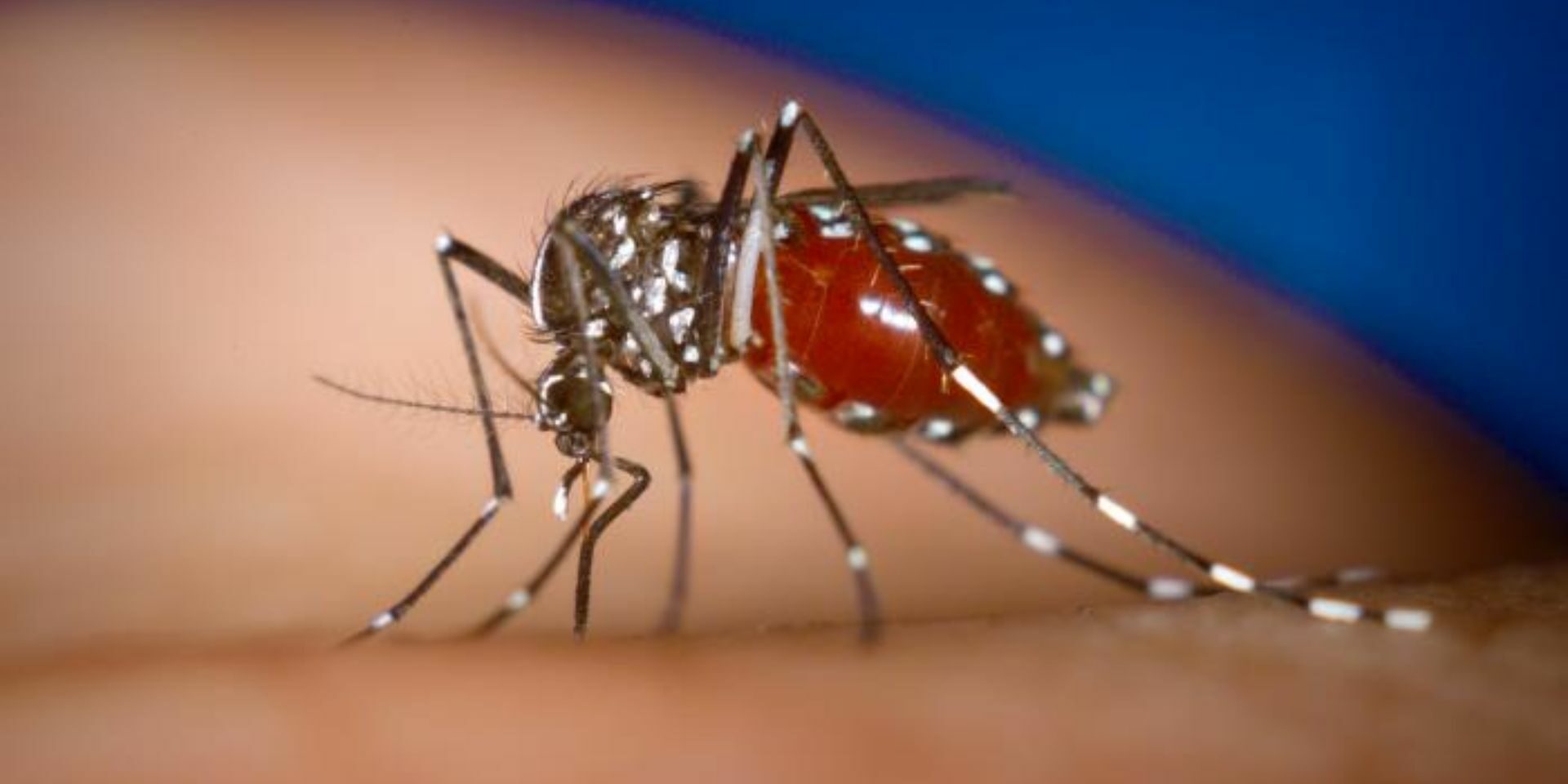
What is Chikungunya?
Chikungunya (chik-un-GUN-yuh) is an infection caused by a virus that spreads to people from the bite of an infected mosquito.
Chikungunya can cause severe joint and muscle pain. Many people recover within a week, but others can have pain that lasts for months after the infection. Chikungunya rarely leads to serious problems or death.
How Common is Chikungunya?
Chikungunya was once found only in Africa and Asia. But since the early 2000s, chikungunya has spread to more than 100 countries in the Americas, Africa, Asia, Europe, and the Indian and Pacific Oceans.
Infected travelers can spread the virus to unaffected areas when mosquitoes pick up the virus by biting an infected person.
Symptoms
The most common symptoms of chikungunya are fever and joint pain. Other symptoms may include headache, muscle pain, joint swelling, or rash.
Symptoms usually begin 3–7 days after being bitten by an infected mosquito.
Those at risk for more severe disease include newborns infected around the time of birth, adults age 65 years and older, and people with medical conditions such as high blood pressure, diabetes, or heart disease.
Most patients recover within 7-10 days; however, joint pain can be severe and disabling and may last for months.
Prevention
Travelers can protect themselves by preventing mosquito bites during the day. When traveling to countries with chikungunya virus:
- Use insect repellent on exposed skin
- Wear long-sleeved shirts and pants treated with permethrin
- Stay in places with air conditioning or use window and door screens
- If sleeping outdoors or in unscreened rooms, use mosquito nets
The Centers for Disease Control and Prevention (CDC) recommends chikungunya vaccination* for certain individuals age 12 years and older:
- Those traveling to countries or territories where there is a chikungunya outbreak
- People traveling for more than 6 months to places with elevated risk of an outbreak
- Laboratory workers who may be exposed to chikungunya virus (virus-like particle [VLP] vaccine only)
Chikungunya vaccines should not be given during pregnancy, but may be used while breastfeeding.
Talk with a trusted healthcare professional to find out whether chikungunya vaccination is recommended for you.
*On August 22, 2025 the Food and Drug Administration (FDA) suspended the license for the live attenuated (weakened virus) chikungunya vaccine, which had been approved for individuals age 18 years and older, based on a review of safety concerns. The VLP vaccine remains an option.
Treatment
There is currently no medicine to treat chikungunya. Treatment focuses on relieving symptoms:
- Rest
- Drink plenty of water or other fluids
- Take acetaminophen or paracetamol to reduce pain and fever
- Do not take aspirin or ibuprofen until dengue can be ruled out to reduce bleeding risk
Updated August 2025
Sources: Centers for Disease Control and Prevention, Food and Drug Administration
